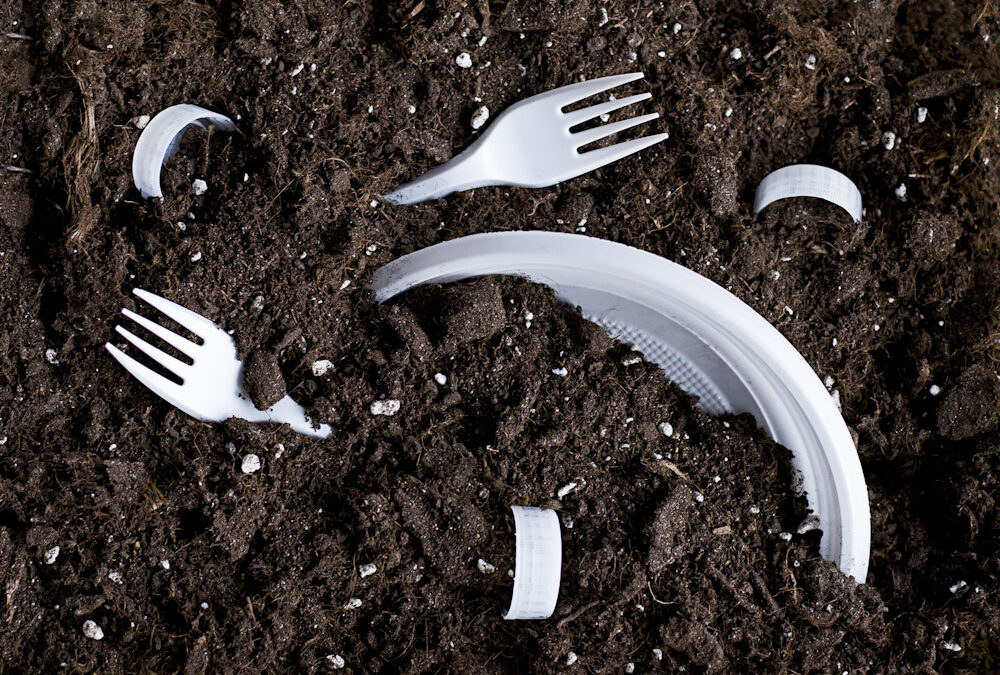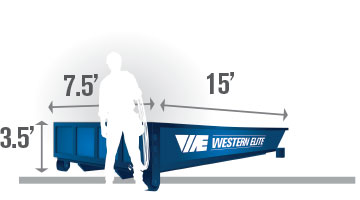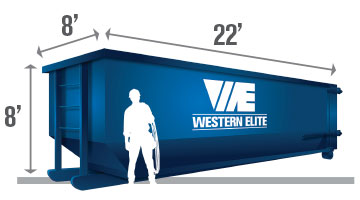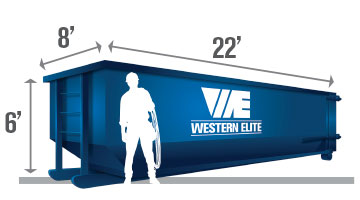It is an incontrovertible fact that nothing in life is immutable; time catches up to us all. Given enough days, months, or years, every object on earth will eventually lose its structure and be returned to its atomic state — just a clump of cells returned to the earth from whence it came. This process of decomposition differs between objects and organic material. Not only must the organic structure be taken into account but also the agents of entropy, those things like water, wind, and heat — the elements — or decomposers like worms, which accelerate the breakdown of the object in question.
At Western Elite, we have based our entire business on respecting the laws of decomposition and their relationship to us and to the earth. Ultimately, while we have done much to make our planet a home to our entire species, each person is only here for a relatively short amount of time. We are each of us merely guests, though our influence can have an impact that could last for generations longer than any of us will be alive. This can be a good thing or a bad thing. As such, we have put in place numerous practices that will work with what we know about decomposition to keep our planet clean. Certainly, we are more than the best dumpster rental in Henderson, NV.
Decomposition by Definition
Before we can jump into the science of decomposition, it might be helpful to review a few definitions for words we’ve been using so far. Understanding what everything means will not only help make the science more intelligible but will also help people better understand the mission of Western Elite. We want to provide waste management options like roll-off dumpsters for construction sites so that our customers have access to our full suite of services.
Here are just a few of the most relevant words we’ve been using:
- Decomposition: The state or process of rotting, decay.
- Entropy: A gradual decline into disorder.
- Inertia: A property of matter by which it continues in its existing state of rest or uniform motion in a straight line, unless that state is changed by an external force.
As you can see by our definitions, decomposition is, at its simplest, the process by which objects eventually break down — sometimes aided by an external force, but always over time. Why is it that decomposition happens? We know that the natural order of things is to lead to chaos, but why?
Everything Goes
From our definitions, we learn that thanks to entropy, nothing truly remains inert forever (at least not on earth). Whether an object is thrown into a rented dumpster and processed by a recycling plant or is allowed to just sit in a landfill for decades, nothing is meant to keep its structure forever. No matter how long it takes, decomposition will take over, even for non-compostable items. For instance, here are a few examples of how long it takes non-organic materials to decompose:
- Plastic Bottle: 70 – 450 years
- Plastic Bag: 500 – 1000 years
- Cigarette: 1 – 12 years
- Nylon Clothes: 30 – 40 years
- Fishing Line: 600 years
- Glass Bottle: 1 – 2 million years
What makes Western Elite the best dumpster rental in Henderson is that we are aware of the environmental impact of waiting for these goods to decompose naturally, which is why we sift through 100% of the trash that we collect to ensure everything that can be recycled gets processed. Otherwise, we rely on mother nature to take its course.
Breaking Down the Science
Decomposition is just one stage in the process of turning an organic body, whether that be a piece of fruit or an animal carcass, from its whole and perfect state to fossilization (should a skeleton remain). This occurs in one of two ways, either by abiotic or biotic degradation.
- Abiotic Degradation: This means that decomposition is achieved by the influence of natural or chemical elements.
- E.g. Water breaks down the molecules in the object until it dissolves completely, like dropping a piece of bread into a pond.
- Biotic Degradation: When decomposers such as microorganisms or other scavengers consume the object until only its inedible parts remain to be fossilized or further worn down in an abiotic fashion.
- E.g. Fungi grow on dead wood in order to feed on the enzymes that make up their structure.
Typically, decomposition begins immediately upon time of death as the object’s own internal chemicals break down the stronger tissues such as the pulp or organs. This process is called autolysis, which is accelerated by the help of bacteria that feed on the enzymes of the tissue (called putrefaction). While the speed of decomposition varies from object to object based on size and composition, exposure to elements such as temperature, rainfall, humidity, and oxygen also plays a major role.






